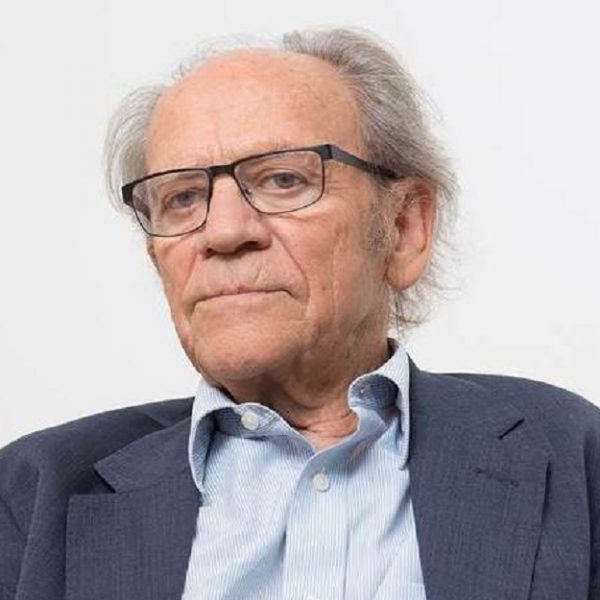
Torsten Nils Wiesel is a Swedish neurophysiologist. Together with David H. Hubel, he received the 1981 Nobel Prize in Physiology or Medicine, for their discoveries concerning information processing in the visual system; the prize was shared with Roger W. Sperry for his independent research on the cerebral hemispheres.
In 1947, he began his scientific career in Carl Gustaf Bernhard's laboratory at the Karolinska Institute, where he received his medical degree in 1954. He went on to teach in the Institute's department of physiology and worked in the child psychiatry unit of the Karolinska Hospital. In 1955 he moved to the United States to work at Johns Hopkins University School of Medicine under Stephen Kuffler. Wiesel began a fellowship in ophthalmology, and in 1958 he became an assistant professor. That same year, he met David Hubel, beginning a collaboration that would last over twenty years. In 1959 Wiesel and Hubel moved to Harvard University. He became an instructor in pharmacology at Harvard Medical School, beginning a 24-year career with the university. He became professor in the new department of neurobiology in 1968 and its chair in 1971.
In 1983, Wiesel joined the faculty of Rockefeller University as Vincent and Brooke Astor Professor and head of the Laboratory of Neurobiology. He was president of the university from 1991 to 1998. At Rockefeller University he remains the director of the Shelby White and Leon Levy Center for Mind, Brain and Behavior.
From 2000-2009, Wiesel served as Secretary-General of the Human Frontier Science Program, an organization headquartered in Strasbourg, France, which supports international and interdisciplinary collaboration between investigators in the life sciences.